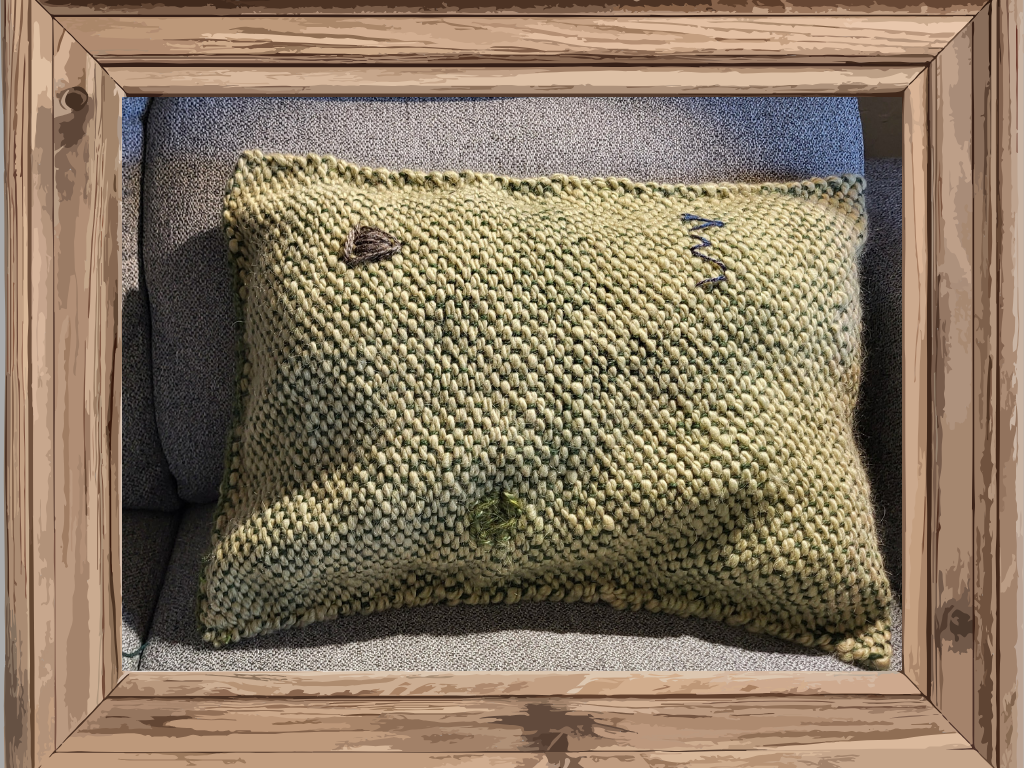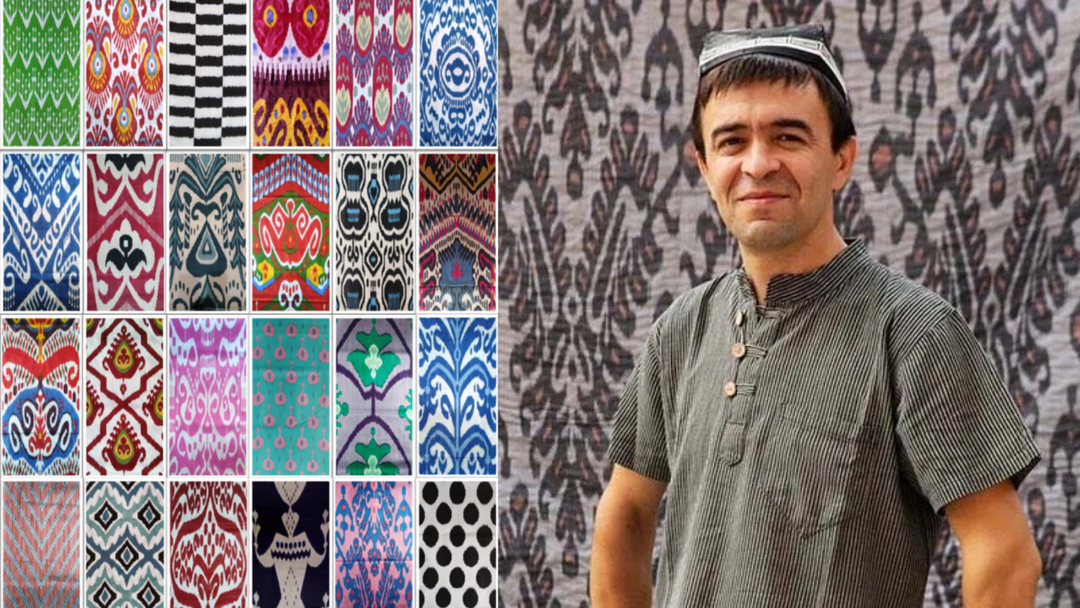I confess. I have an Amazon Prime account. Like most of us, I have a full schedule. I got used to the fast home delivery option during the pandemic. (I also confess I generally hate shopping, especially for the mass-produced stuff we all use daily.)
But the Amazon Prime delivery in the above photo made me stop and think about supply chains. Yes, that's an Amazon Prime order that came directly from Walmart! So that was the first weird thing that caught my attention. And there was no invoice or packing slip. And even more importantly, it was the WRONG SIZE! So I couldn't even use those coffee filters in my coffee pot.
I went online to ask for my usual refund or replacement. And guess what! I got an automated message that it wasn't eligible for a refund or replacement. With no explanation and no button to allow me to explain that they sent me the wrong product. (And yes, I double-checked the order to ensure I ordered the correct size.)
The best I could manage was to submit negative "seller feedback" (it turns out it was a third-party seller, not Amazon itself) and a 1-star review. And I've heard crickets ever since. I don't know who I should deal with or how to fix the problem. I'm just out of luck.
This experience reminded me in a visceral way that understanding shipping chains matters. And not just for convenience or speed!
We've all recently heard about supply chain problems resulting from the pandemic. For example, electronic chips made in China are delaying the delivery of many electronic devices. And baby formula suddenly went missing from grocery store shelves because of factory problems. The construction and remodeling industry has well known supply chain problems. It took me 12+ weeks to get new windows to replace windows damaged in a hail storm.
So how does this all relate to ethical shopping and the conscious consumer movement? If you remember one fundamental principle, it will be more likely that your purchase is on the ethical end of the spectrum.
Shorter and more transparent supply chains are likely to reflect more ethical and sustainable business practices overall. This is the basic principle behind the "farm to table" movement in the restaurant industry, which prioritizes buying directly from local farmers rather than distributors.
Those businesses that understand and can explain the entire supply chain of an individual product are more likely to give people and the planet a higher overall priority in their business practices. Generally speaking, we should aim for fewer links and shorter distances in the chain.
So what does that supply chain look like when you're shopping for fashion and accessories in real life? "Fast fashion" is typically made in large, anonymous overseas factories. You don't know who made it or exactly where, beyond the "made in" label required by law. If the price is low, you can usually count on the fact that the brand keeps the price low by using low-paid workers and often unsafe working conditions.
And you have no idea how many hands that t-shirt or cute little dress passed through before it arrived in your cart. Or how and where the raw materials were produced.
However, one thing you can count on is that each new link in the chain takes its cut of the final price. That's how you end up with a product that the maker sells for $5 (of which only $1 or $2 goes to the factory workers) that ends up costing a US consumer $75.
On the other hand, Fair Trade vendors like HoonArts try to keep our supply chains as short as possible. We know where the raw materials come from (and try to keep them local and sustainably produced to the maximum extent possible), We know the makers, and we even know the intervening handlers and shippers. And we have no problem explaining the whole chain to you!
For example, when I buy an embroidered product from Tajikistan, I know that it comes from one of the small teams working with Munira Akilova. Munira does the design work, and the embroidery work is done at home by one of the team members. (Munira can tell me exactly which person did the individual embroidery if I ask.)
I know that Munira buys the embroidery threads from Russia, because of their quality and reliability. The cotton base material that is used for most products is made in Tajikistan, at a factory in Khujand where Munira lives, from cotton grown in Tajikistan. While not certified organic cotton, some of the general environmental effects of growing cotton are offset by the use of locally produced materials.
I buy direct from Munira. That means more of my cost can go to Munira and her team members and none of the retail price is siphoned off to middlemen. It also makes it possible for me to work with Munira to manage the acquisition of raw materials in a more cost-effective and environmentally conscious way wherever possible.
I know exactly how the shipping is handled from Tajikistan to my doorstep in Albuquerque. That means I can manage the process to minimize the number of hands the products pass through on the way, and take steps to minimize adverse environmental impacts.
And the simple fact of knowing the limited number of people involved in the entire supply chain means that I can and do focus on how my purchases impact those individuals. For example, if I learn that certain production costs have gone up in Tajikistan, I can take that into account in product design, the prices I pay Munira and the prices I charge my customers. Doing business with people instead of companies definitely expands your focus beyond price alone!







Love your writing and your stories!!!
Leave a comment